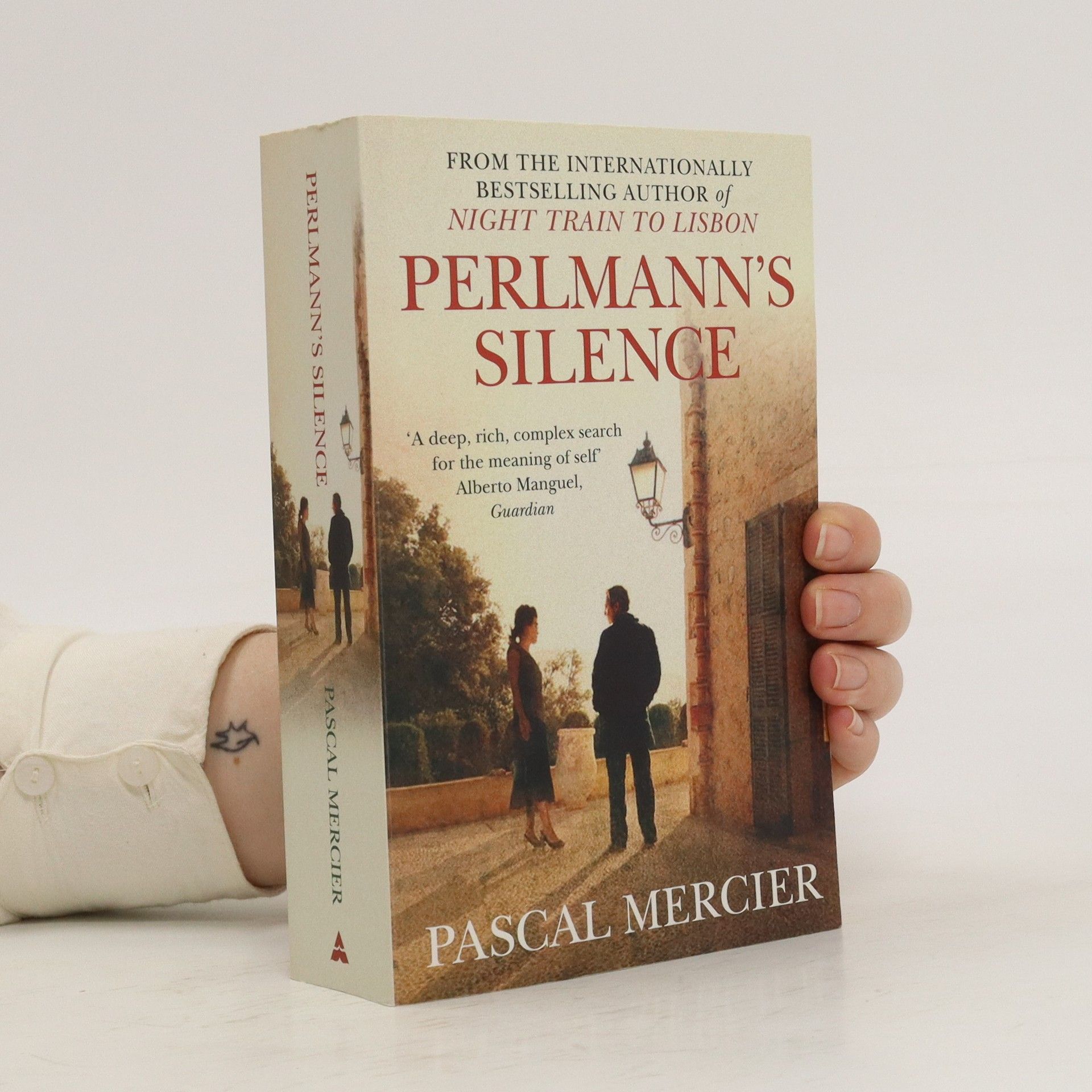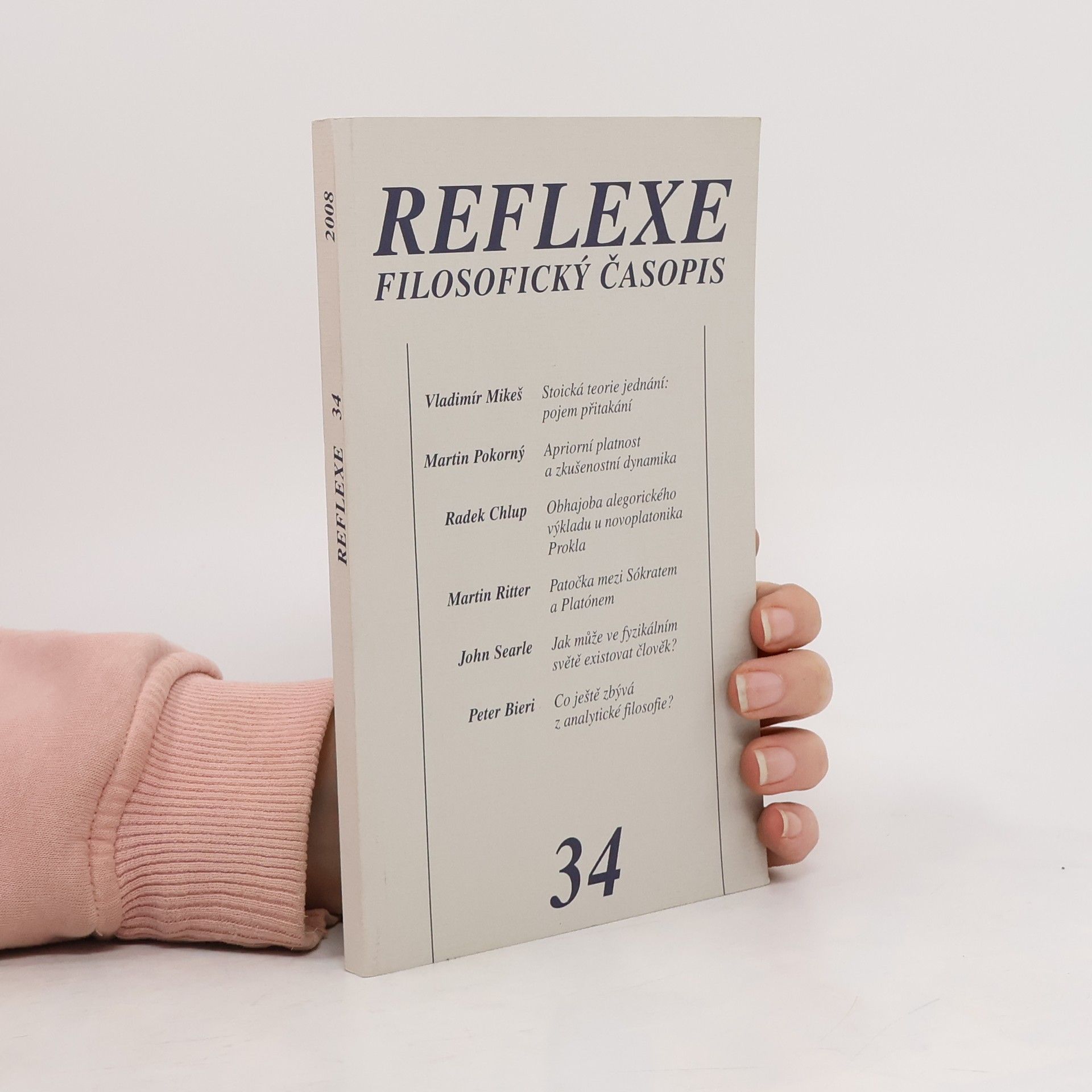Hrdina románu Raimund Gregorius je profesorem starých jazyků na gymnáziu v Bernu. Starší pán se svými návyky a zaběhlými rituály, od kterého nikdo nečeká, že by mohl svůj život ještě nějak změnit. Jednoho rána se však na mostě setká s tajuplnou ženou, jež stojí na zábradlí a trhá na malé kousíčky do řeky jakýsi dopis… žena je pro celý příběh zdánlivě nedůležitá, ale díky ní vše začíná – ve chvíli, kdy na profesorovu zvědavou otázku, jaká že je její rodná řeč, odpoví portugues.
Pascal Mercier Knihy
Pascal Mercier, pseudonym Petera Bieriho, je švýcarský spisovatel a filozof, který se narodil v Bernu. Ve své práci se Mercier ponořil do složitých otázek lidské existence, identity a hledání smyslu v chaotickém světě. Jeho próza je známá svou introspektivní hloubkou, filozofickou rezonancí a schopností zachytit jemné nuance lidské psychiky. Mercier často zkoumá témata paměti, ztráty a cesty za poznáním.







Nočním vlakem do Lisabonu nadchnul Pascal Mercier miliony čtenářů po celém světě. Teď vypráví příběh Ley, mladé dívky, která po smrti matky uzavřela do sebe před celým světem, a teprve zvuk houslí ji navrátí zpět do života. Ukáže se, že má neobyčejné muzikální nadání, okamžitě začne doufat v hvězdnou kariéru houslistky a netrvá to dlouho a publikum jí leží u nohou. Její otec pro ni sice chce to nejlepší, ovšem je to právě on, kdo dokoná její neštěstí… Lea je tragickým komorním příběhem o neodvratnosti osudu, ale především opět přinese neobyčejný čtenářský zážitek.
From the internationally bestselling author of 'Night Train to Lisbon' comes a compelling novel about one man's attempt to extricate himself from his featureless existence and find a life of passion and danger.
Nachtzug nach Lissabon (Ueberreuter Grossdruck)
- 662 stránek
- 24 hodin čtení
Raimund Gregorius, liebevoll "Mundus" genannt, ist ein Lateinlehrer an einem Berner Gymnasium, der aus dem Gleichgewicht geraten ist. An einem regnerischen Morgen sieht er eine Frau auf einer Brücke, die einen Brief zerknüllt und möglicherweise springen will. Er eilt ihr zur Hilfe, doch sie antwortet nur mit "Português" und kritzelt ihm eine Telefonnummer auf die Stirn, bevor sie verschwindet. Diese Begegnung löst in Gregorius eine tiefgreifende Veränderung aus. Er flieht aus seinem gewohnten Leben, inspiriert von den Worten des portugiesischen Arztes und Poeten Amadeu de Prado: "Wenn es so ist, dass wir nur einen kleinen Teil von dem leben können, was in uns ist -- was geschieht mit dem Rest?" Diese Fragen führen ihn auf eine Reise nach Portugal, wo er die Gedankenwelt des Arztes und Widerstandskämpfers gegen das Salazar-Regime erkundet. Gregorius wird mit existenziellen Fragen konfrontiert, die ihn tief berühren und ihn in die Grenzregionen seiner Persönlichkeit führen. Der Roman, der mit den philosophischen Überlegungen de Prados spielt, wird mit Werken von Nabokov, Kafka und Umberto Eco verglichen. Mercier schafft eine betörende, melancholische Erzählung, die den Leser auf eine herausfordernde Rückfahrt vorbereitet.
„Bildung beginnt mit Neugierde. Man töte in jemandem die Neugierde ab, und man nimmt ihm die Chance, sich zu bilden. Neugierde ist der unersättliche Wunsch zu erfahren, was es in der Welt alles gibt.“ „Der Gebildete ist einer, der ein möglichst breites und tiefes Verständnis der vielen Möglichkeiten hat, ein menschliches Leben zu leben.“
Analytische Philosophie des Geistes
- 372 stránek
- 14 hodin čtení
Erstmals liegt hier ein Überblick vor über das, was man in den letzten drei Jahrzehnten in angelsächsischen Ländern unter "Philosophie des Geistes" verstanden hat. Die Themen: (1) Wie kann man die kausale Rolle mentaler Phänomene in der kausal geschlossenen physischen Welt verstehen? Was ist die Beziehung zwischen Gehirn und Bewusstsein? (2) Was ist Intentionalität? Was ist die Beziehung zwischen Sprache und Denken? (3) Was ist Bewusstsein und Selbstbewusstsein? Was sind die spezifischen Eigenschaften von Erlebnissen? Wie kann unsere subjektive Erlebnisperspektive ein Teil der objektiven Welt sein? (4) Was sind Personen? Welche Bedingungen muss ein Wesen erfüllen, damit es unter diesen Begriff fällt?
Die Würde ist das höchste Gut des Menschen. Doch was meinen wir eigentlich, wenn wir von Würde sprechen? Peter Bieris lang erwartetes neues Buch handelt von diesem zentralen Thema unseres Lebens. Mit einem einzigen Begriff ist die menschliche Würde nicht zu fassen. Bieri nähert sich ihr deshalb als Beobachter: An Beispielen aus dem Alltag und der Literatur entwickelt der Philosoph aus der Schweiz eine Vorstellung von Würde, die von unserem Umgang mit anderen und mit uns selbst abhängt. Würde, so stellt sich heraus, ist keine abstrakte Eigenschaft, sondern eine bestimmte Art zu leben. In wunderbar klarer Sprache entwickelt Bieri seine Philosophie: eine wahre Schule des Lebens.
Wie wollen wir leben?
- 93 stránek
- 4 hodiny čtení
Der Philosoph und Schriftsteller Peter Bieri alias Pascal Mercier geht zentralen Fragen des menschlichen Lebens nach. Wir wollen über unser Leben selbst bestimmen. Davon hängen unsere Würde und unser Glück ab. Doch was genau bedeutet das? Unser Denken, Fühlen und Tun ergibt sich aus den Bedingungen einer Lebensgeschichte. Was heißt es, dass wir trotzdem Einfluss auf unser Leben nehmen können, sodass es uns nicht einfach nur zustößt? Was für eine Rolle spielt dabei Selbsterkenntnis? Wann sind die Anderen eine Hilfe für Selbstbestimmung und wann ein Hindernis? Wie hängen Selbstbestimmung und kulturelle Identität zusammen? Und welche Bedeutung hat die Literatur für all das? Bieris Überlegungen in diesem Buch sind eine Fortführung seiner Betrachtungen in „Das Handwerk der Freiheit“ (2001).



